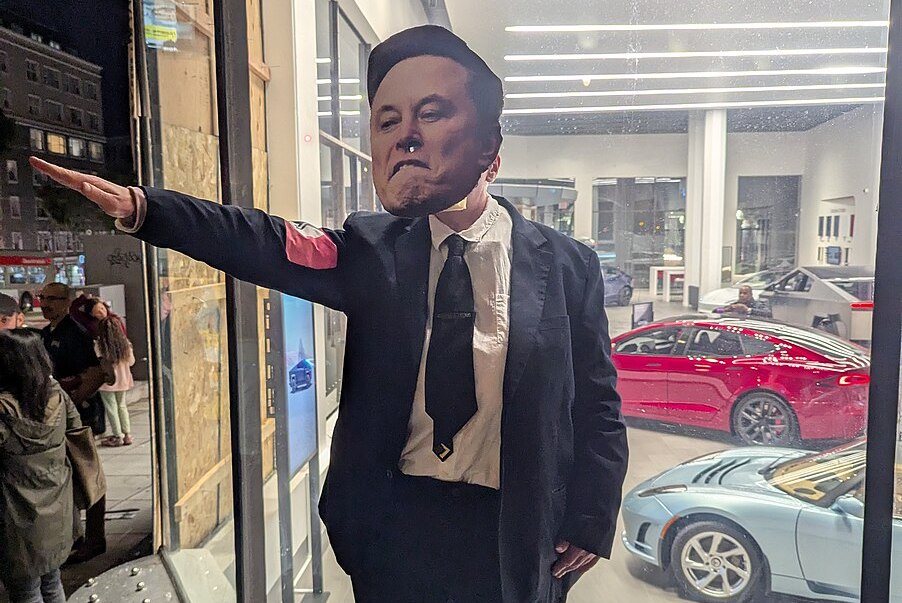
Why Elon Musk Remains Inseparable From (Some of) His Creations
- 19.03.2025 06:38
- counterpunch.org
- Keywords: AI, Startup
The article compares Elon Musk's influence over his creations, like Starlink, with Richard Wagner's legacy, highlighting how creators' politics can entangle their works. It discusses the Tesla Takedown movement and argues that services like Starlink, under active control, make separation impossible, unlike products like cars or music. The piece emphasizes the need for market alternatives to prevent overdependence on powerful figures like Musk.